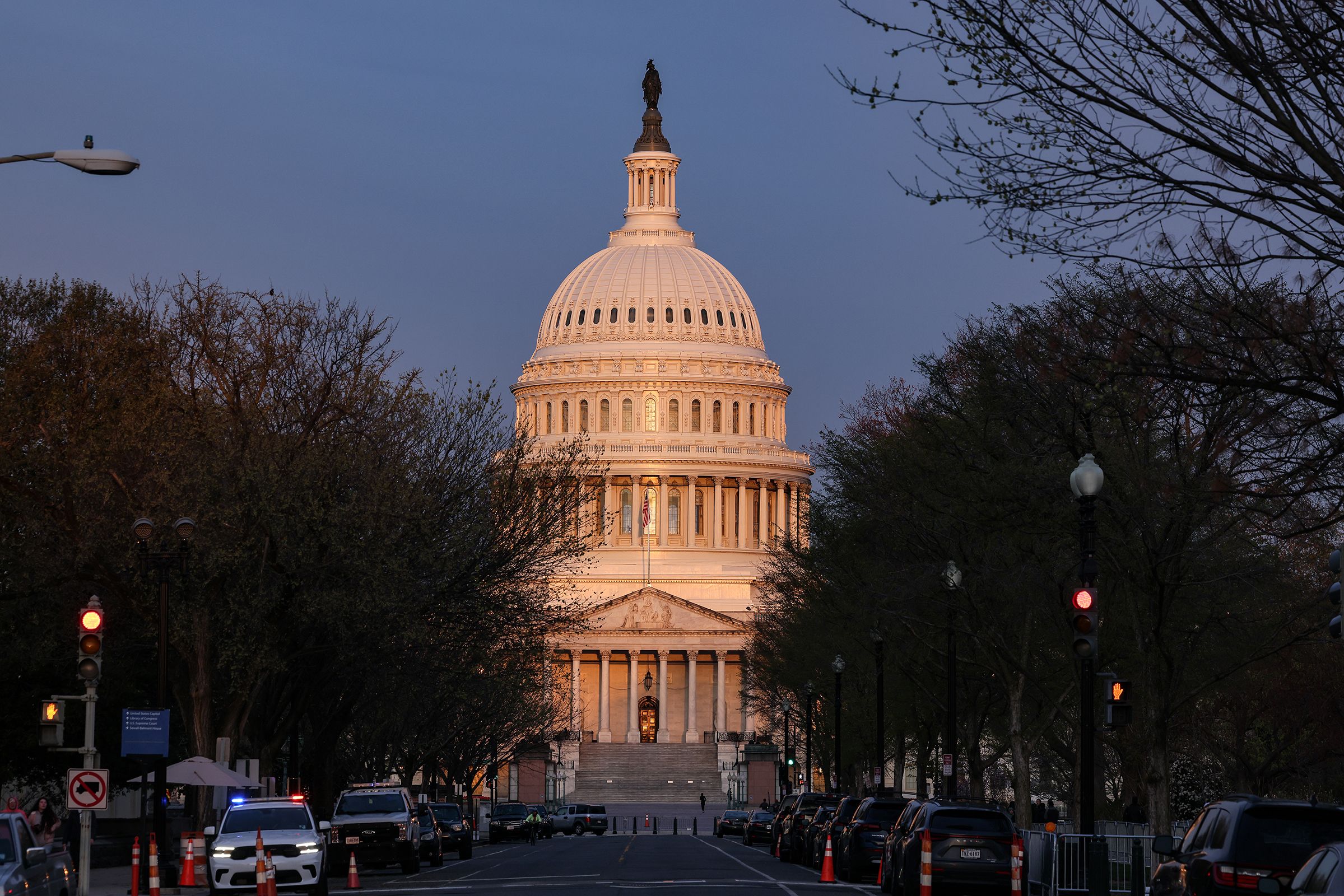In the race for control of the US House of Representatives, Democrats are amassing a significant financial advantage, outpacing their GOP counterparts in fundraising and securing substantial fall ad reservations. This comes as Republicans grapple with the repercussions of ongoing leadership disputes.
The Democratic Congressional Campaign Committee (DCCC), the official campaign committee for House Democrats, announced this week that it raised a record-breaking $45.4 million in the first quarter of the year. This surpasses the National Republican Congressional Committee (NRCC), which reported a haul of $33.4 million over the same period.
The DCCC also boasts a war chest of $71.1 million, compared to the NRCC’s $55.9 million in cash on hand. These funds will be crucial in supporting candidates in key battleground states, with control of the House hanging in the balance.
Meanwhile, two super PACs affiliated with the House leadership of both parties also disclosed their most recent quarterly fundraising totals this week, revealing another Democratic advantage. The Democratic super PAC, House Majority PAC, reported that it, along with its affiliated organization, House Majority Forward, raised $37 million in the quarter for Democrats’ House effort. Their GOP counterparts, the Congressional Leadership Fund and its affiliate, American Action Network, announced a combined fundraising haul of $30 million in the first quarter.
Democrats also lead in fundraising among the candidates themselves. First-quarter FEC filings showed that in 20 of 22 races rated as “toss-ups” by the Cook Political Report, the lead Democratic candidate outraised the lead Republican candidate. Many of these Democratic candidates, who raised millions, are vying for highly competitive seats in California and New York, critical sections of the House map.
Adding to the pressure, House Republicans are still dealing with the fallout from leadership fights as they seek to defend their razor-thin majority. During his first full quarter as speaker, Mike Johnson struggled to match the fundraising of his predecessor, former Speaker Kevin McCarthy, who was ousted last year. Johnson raised $20 million for House Republicans in the first quarter, while McCarthy raised at least $30 million for the party in the first quarter of the previous two years.
And the leadership drama appears poised to drag on. With less funds to distribute to the party than his predecessor – a key lever of influence – Johnson faces threats to his job as he has sought to advance legislation on Capitol Hill. Rep. Marjorie Taylor Greene of Georgia has led an effort to potentially oust the speaker amid disputes over foreign aid and the renewal of a foreign surveillance law. Johnson has said he will not resign, and on Thursday, he took the extraordinary step of relying on Democratic votes to move advance a package providing foreign aid for Ukraine and Israel. Greene left the US Capitol on Friday following the vote without moving to oust Johnson.
Meanwhile, a conservative dark money group, American Prosperity Alliance, launched new ads this week targeting three House Republicans who had voted to oust McCarthy, slamming their voting records. It is spending about $700,000 on the ad campaign, which is set to run through the rest of the month, another example of costly intraparty divisions.
Democrats, for their part, are prepping massive fall advertising reservations. House Majority PAC, the lead Democratic super PAC, announced earlier this month plans to spend $186 million on advertising campaigns targeting a series of key battleground races. The group, whose 2024 investment surpasses the $102 million initially reserved in ads in the 2022 cycle and the $41 million in the 2020 cycle, said it was making its largest investment ever to flood key districts with an aggressive ad campaign, including attacks against Republicans on abortion and the collapse of a bipartisan border security deal.

